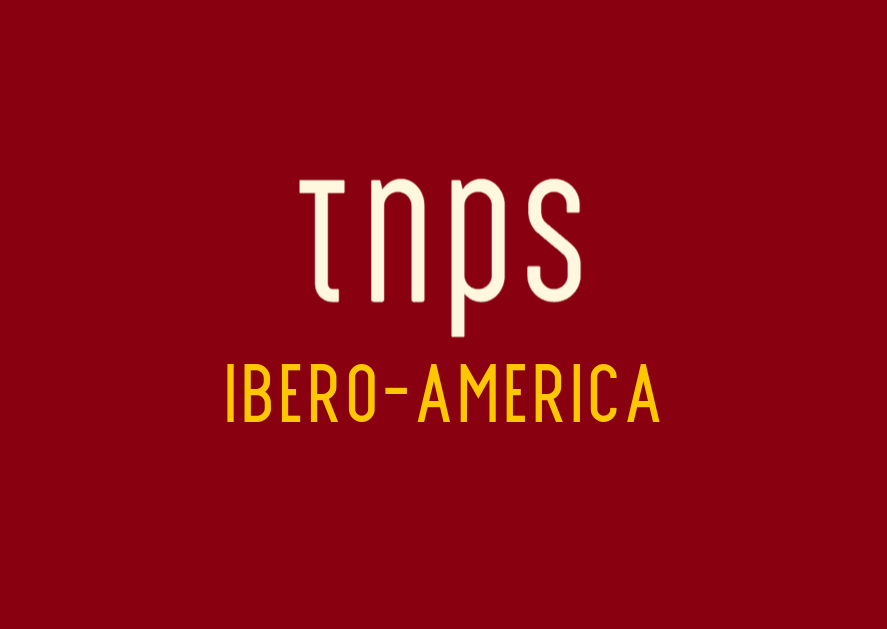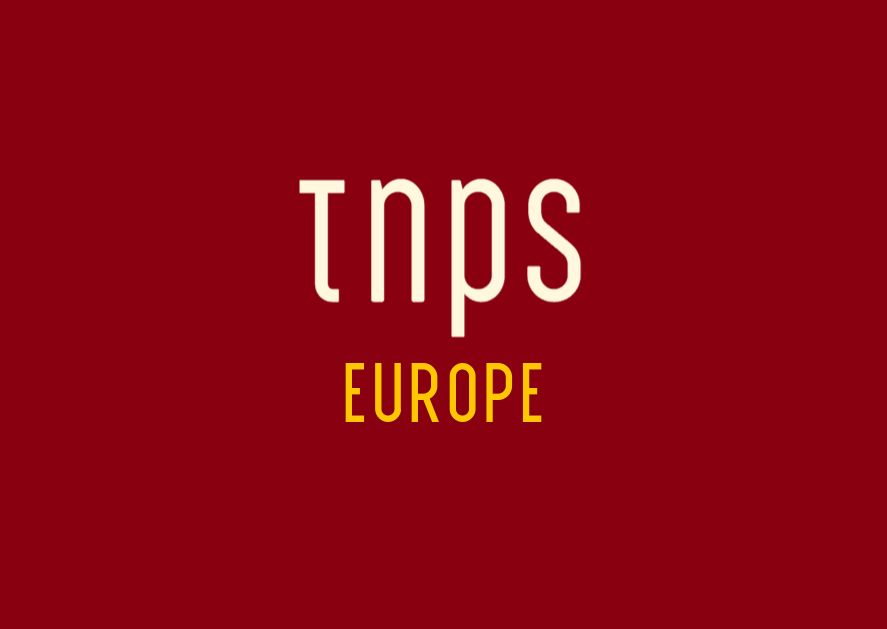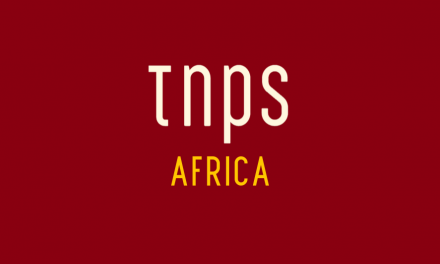This week it’s the turn of Chile’s FIL Santiago (Filsa) to reach new audiences hitherto disenfranchised by the old if-you-can’t-be-there-you-can’t be-part-of-it analogue book fair model that evolved in a century when online was a place where you hung your washing out to dry.
With no realistic timetable for the Covid-19 vaccines to reach the world, book fair organisers across the globe continue to talk in vague terms about a return to in-person events while developing and refining online alternatives that will inevitably form a big part of the industry’s future.
This week it’s the turn of Chile’s FIL Santiago (Filsa) to reach new audiences hitherto disenfranchised by the old if-you-can’t-be-there-you-can’t be-part-of-it analogue book fair model that evolved in a century when online was a place where you hung your washing out to dry.
That said, not every online book fair this year has risen to the occasion, and, running December 1-6, Filsa (La Feria Internacional del Libro de Santiago) appears at first glance on Day 1 to be primarily a glorified book sale, with 40 publishing houses and booksellers offering what appears to be only print books, supplemented with some author debates.

As this post goes live the event has only just kicked off, and my limited Spanish and the ever-moody Google Translate may be further labouring my perspective, so if anyone is seeing this event in a more favourable light do share.
A visit to Filsa on twitter courtesy of the Cámara Chilena del Libro – @camaradellibro – offers more promising view, highlighting up and coming lectures, so perhaps it is the Filsa website that is failing to convey the event’s full promise.
The website’s introduction to the virtual event at least acknowledges that anyone anywhere in Chile will be able to participate for free, and with 77% of the population online that means 14 million people are able to engage. But there seems to have been little serious thought into making this an outstanding digital adventure for a Chilean, let alone a global audience.





